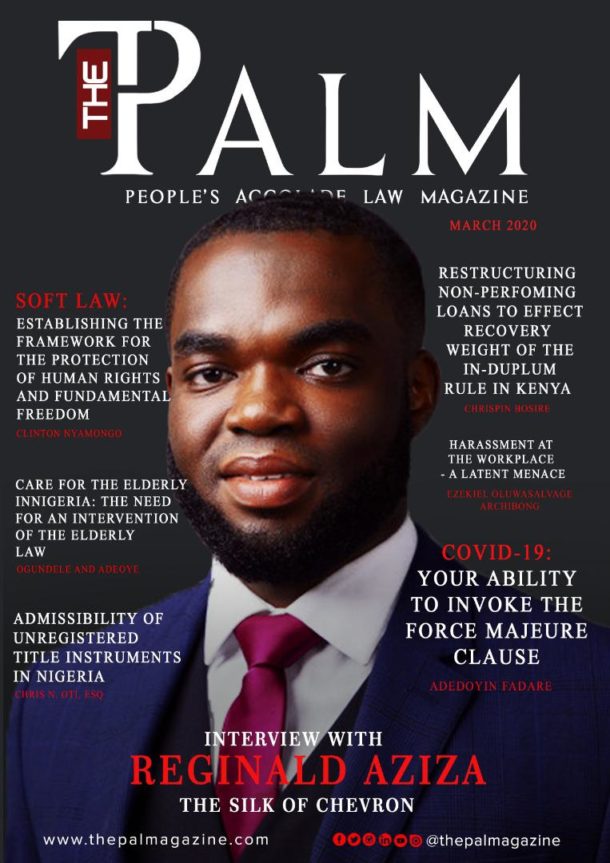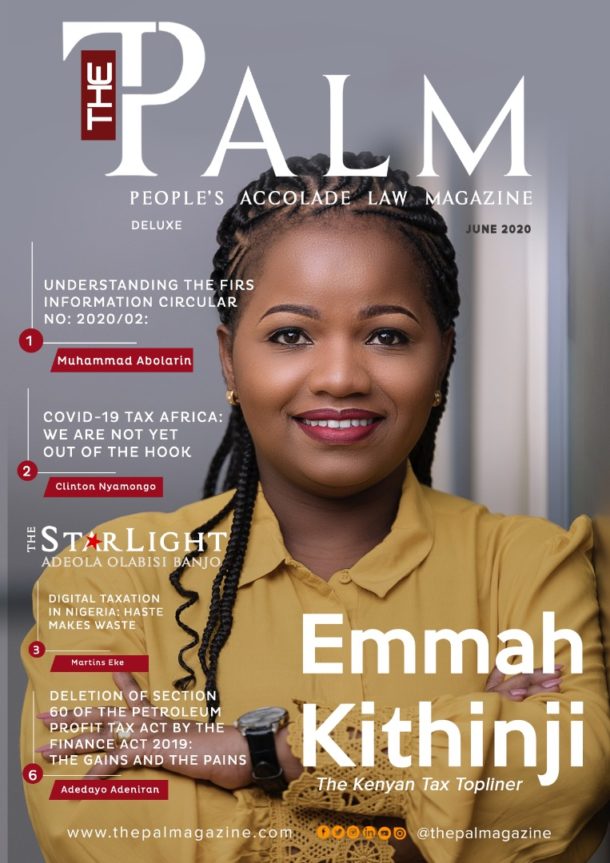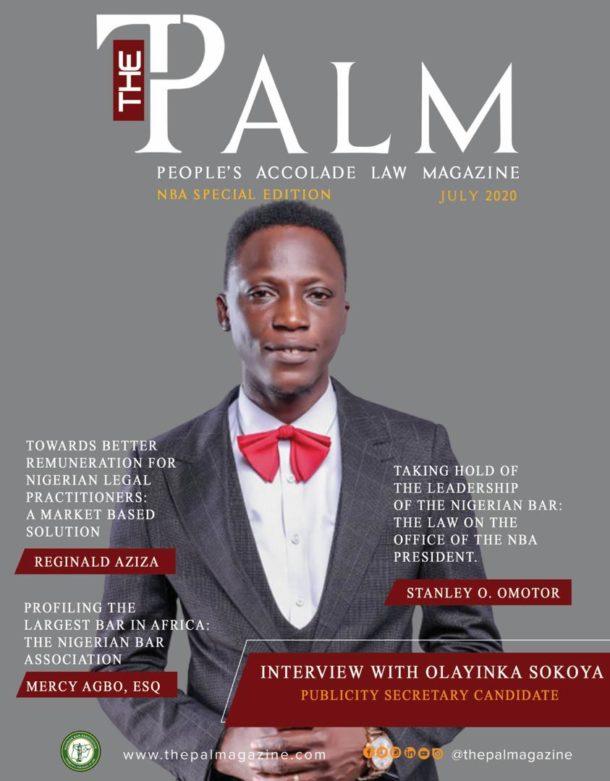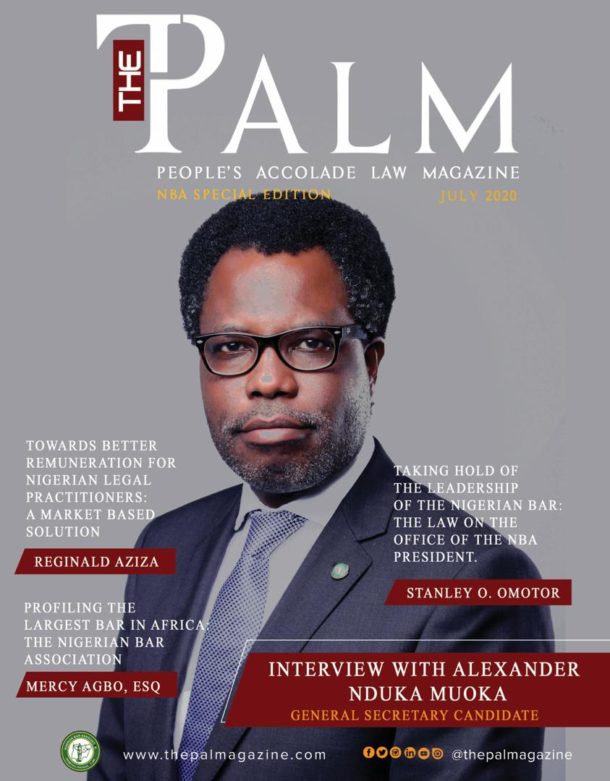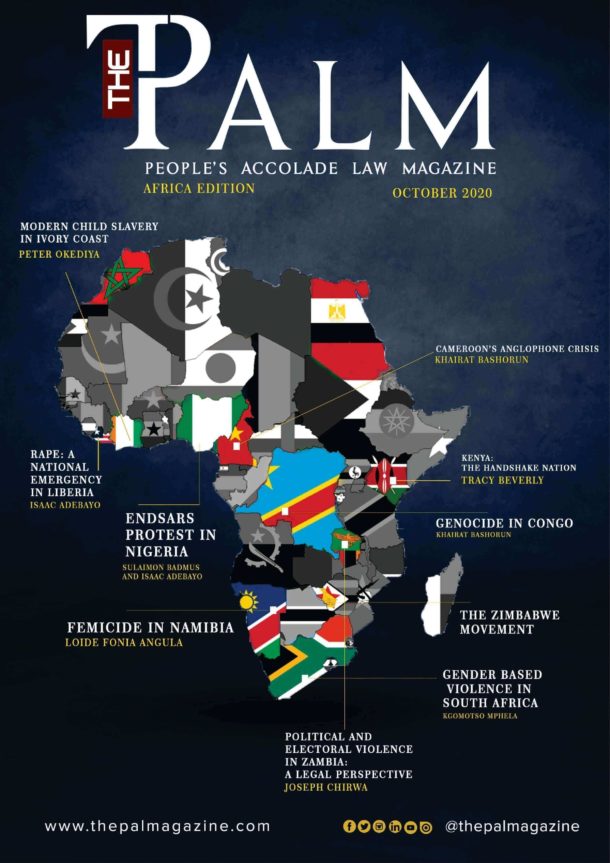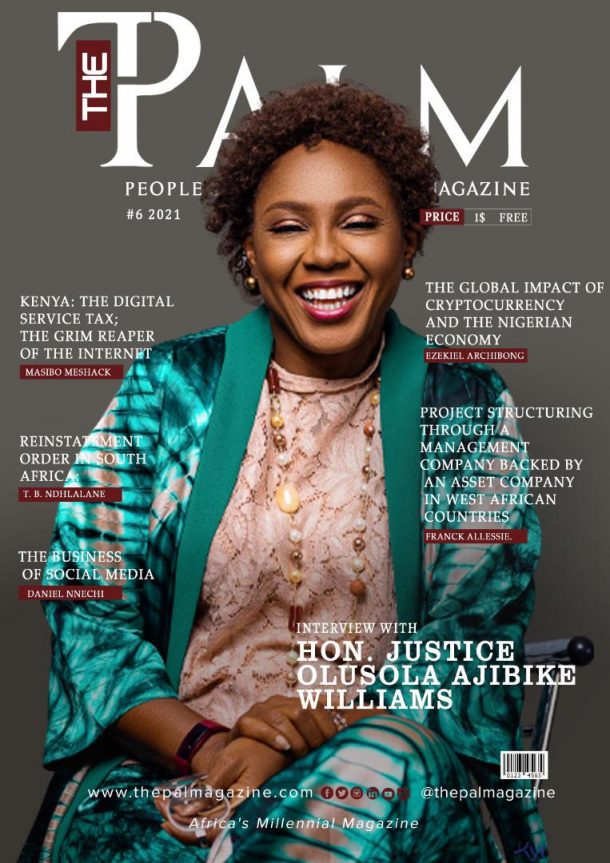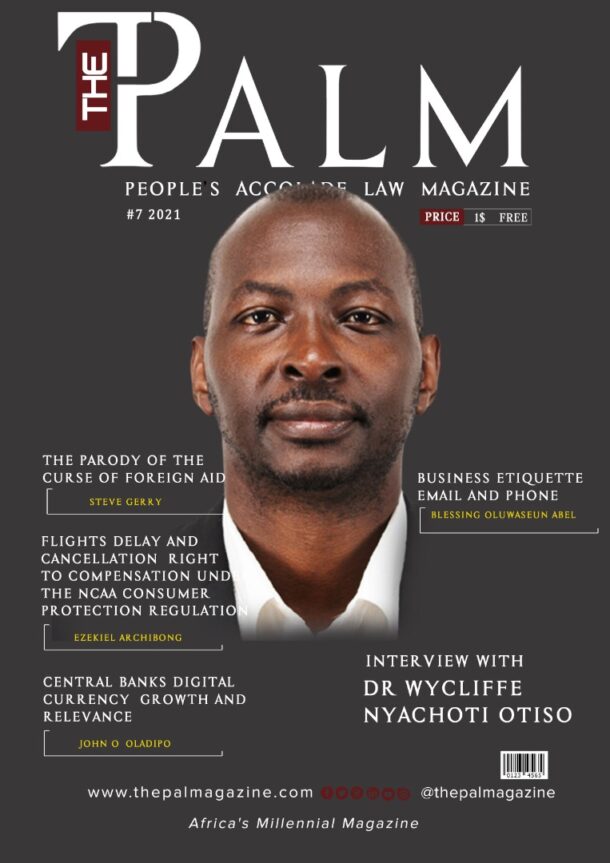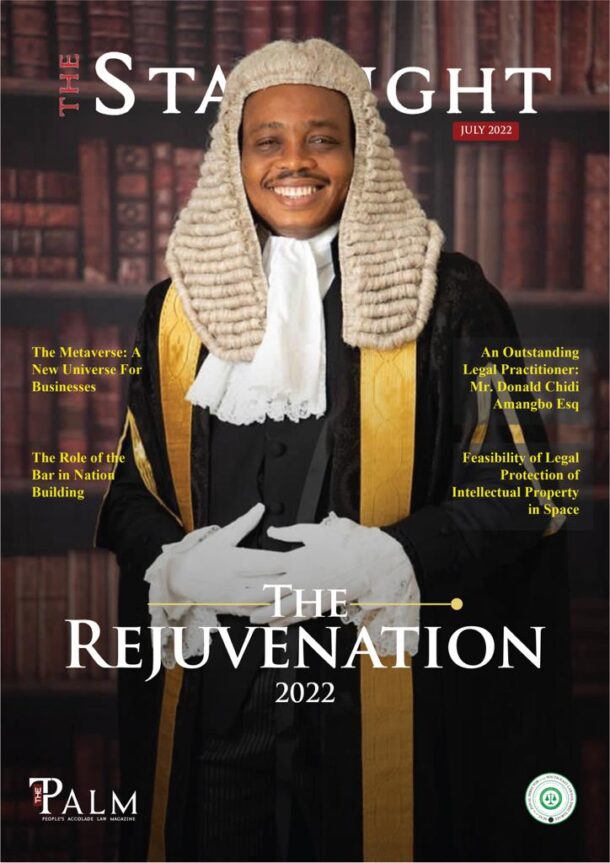”Young lawyers should try to get some experience”– Ibrahim Shehata
Ibrahim Shehata is an Egyptian legal practitioner with a budding experience in the Alternative Disputes Resolution field; especially in Arbitration. Ibrahim attained an LL.B degree from Cairo University’s School Of Law; one of the most prestigious universities in Egypt. He then earned two diplomas; the first in Civil and Commercial law, and the second is in Judicial Sciences, both from Cairo University. Thereafter, Ibrahim proceeded with his academic endeavour in one of the top-ranking universities in the world- Harvard University, and earned a certificate in finance with GPA: 4.0. He never stopped at this point but proceeded with an LL.M in International Arbitration from New York University.
Ibrahim served his alma mater – Cairo University as an Assistant Lecturer in the Civil and Commercial Procedures Law Department for almost seven years. Ibrahim is now a PhD candidate at Maastricht University and currently a Partner at Shehata and Partners, one of the most prestigious law firms in Egypt. Our interview with Ibrahim is focused on Arbitration and its fundamentals in Africa.
1. Though Alternative Dispute Resolution (ADR), is faster, cheaper, and with easier procedures unlike litigation, it is still not widely adopted in Africa compared to the practices in Asia or Europe. What do you think are the obstacles that stand in the way of spreading the ADR culture in Africa?
When the topic of ADR is thrown up for discussion, two broad aspects of this mechanism have to be discussed. There is mediation, which is mostly non-binding, on the one hand, and Arbitration on the other hand. The problems confronting Africa stem from too many factors, and one of them would be the lax enforcement of the arbitral awards and the highly voluntary nature of mediation settlements, unlike what is obtainable in the United States of America, Europe, or Asia. A little above 60% of mediation settlement or Arbitration award are voluntarily enforced in Africa.
Another problem is the court procedures in some African countries; there isn’t much familiarity with ADR mechanisms and how arbitral awards should be reviewed by most African courts. To put this into perspective, in Egypt, for example, arbitral awards are not only be reviewed on the merits but on whether the procedures were complied with. The procedures adopted by the courts 25 years ago when the Arbitration Act in Egypt was enacted have not been arbitration-friendly when analysed distinctively. However, after 25 years, one could find that the courts have progressed very much in this regard. I understand that it takes time to have reputable arbitral institutions such as the Cairo Regional Centre for International Commercial Arbitration (CRCICA) which has guided the judicial system towards the application of the Arbitration Act of Egypt.
2. How do you think co-operation of the international community would help to create the right environment for the Arbitration in Africa? How do the laws such as the United Nations Convention on Contracts for the International Sale of Goods (CISG) help in this?
When it comes to Arbitration, you do not think about the CISG alone, but you think about other laws such as the New York Convention; so, if we have more and more African states becoming members of the New York Convention, this helps a lot because without the New York Convention it does not help arbitration much. After all, you would not be able to enforce your arbitral awards in such jurisdiction.
So, I think it is all about this international instrument that is considered the most important international law instrument for the development of arbitration worldwide, and the fact that Egypt has been part of the New York Convention since 1959, only one year after its enactment meant a lot to Egypt to be positioned in this industry and to be one of the jurisdictions that are considered to be arbitration-friendly. So, if we have more and more jurisdiction in Africa that become members, this should mean a lot, it will mean that the investors would not be afraid to come to Africa because they would not be concerned about whether their arbitral awards that could not be enforced in this jurisdiction. It means a lot for foreign direct investment. Also, it means a lot for creating an attractive system for Arbitration in these jurisdictions for sure.

3. How do you see the future of ADR in Africa ten years from now?
This is difficult to predict, but I am going to guess how things will change because ten years is a long time, especially when we see that in the past fifteen years, we had the financial crisis and now we have the Coronavirus crisis and all of these economic swings. So, it is difficult to know what will happen because we are living in a world where things are changing now and then.
I see a lot of potentials. To put into perspective, within the last few years Africa has created a developing young practitioners’ community and it is developing an attractive system for Arbitration in the continent. Previously, I did not see much development, but we could build upon these and have a guess that we are developing in the right direction. I can see that Egypt and Nigeria are taking the lead to direct other jurisdictions in the African Continent to be on the same level of Arbitration practices and other ADR mechanisms.
Also, I see a lot of potential for having more and more African states join the New York Convention to attract more foreign direct investment and try to have their arbitration cases seated inside the African Continent instead of going abroad to other seats and have their case arbitrated by tribunals which might not be aware of how businesses are operated in this part of the world.
I am optimistic that the situation will be better, based on this growth. More so, I feel that there will be a progression in terms of interest among young practitioners joining arbitration and trying to be at arbitration conferences, associations, and academics. So, this for sure is a good sign that the African Continent will move in the right direction. But you also have to be aware that these initiatives would not be able to achieve much success on their own as there must be some sort of political goodwill in the African Continent to support Arbitration. This political goodwill in terms of enforcing or enacting arbitration Acts modelled on UNCITRAL Model Law or being a party to the New York Convention or even be a party to the Singapore Convention, or having specialised judicial tribunals that review arbitral awards.
4. How does Covid-19 affect the ADR market?
When the Covid-19 pandemic happened, people thought that there would be a lot of litigation, arbitration, and ADR disputes; although we cannot see the big picture yet and may be premature to assume, it seems that there hasn’t been a lot with regards to this development. I have not handled many cases which are a fall out of the Covid-19, but I can see that there will be more disputes related to Covid-19 which will be handled by Shehata and Partners. However, it seems that by next year, things will settle down, and people will be able to assess their losses and whether they would be able to continue performing their obligations under their contracts, this may usher in new disputes.
The thing here about Egypt is that the culture of settlement has been active. So, people are more actively seeking settlement than going to the courts or going to arbitral tribunals because they feel they might be able to find an equitable agreement which would be a fair one for both parties, and I believe that this is a good sign of maturity among business people.
5. Finally, any words of encouragement to the upcoming lawyers of Africa to encourage them to proceed with the study of Arbitration and ADR?
My advice would be not to only focus on Arbitration because Arbitration is to study the procedures of law, and arbitration mainly has a procedural part and a substantial part; so, if anyone who is looking for Arbitration as a career, they would have to be equally qualified in both sides, the procedural and substantive. Additionally, my advice would be that you should not only focus on Arbitration but try to have a view of the law in general and try to get that experience in any field of law and do not say that these are out of my comfort zone, or it does not comply with my passion or my study.
Sometimes people try too much to get into Arbitration, and they miss the whole picture, but it is all about law and litigation as an example, is an immense step to be prepared for Arbitration; more so, corporate law is a tremendous step to prepare yourself for Arbitration.
I would also like to invite all young law practitioners to be more open to all branches of law generally, as this will help them down the road so they would be able to try to fix the situation better. For example, if I have two candidates and one of them has some experience but does not know a lot about Arbitration, and on the other hand, there is another candidate who knows a lot about Arbitration but does not have any experience, I would prefer the one with experience, to be honest.
Young lawyers should try to get some experience like in internships at a local law firm, or legal clinics, this would be my advice.
Interviewed by: Asmaa Mahmoud, Associate Editor, The PALM





